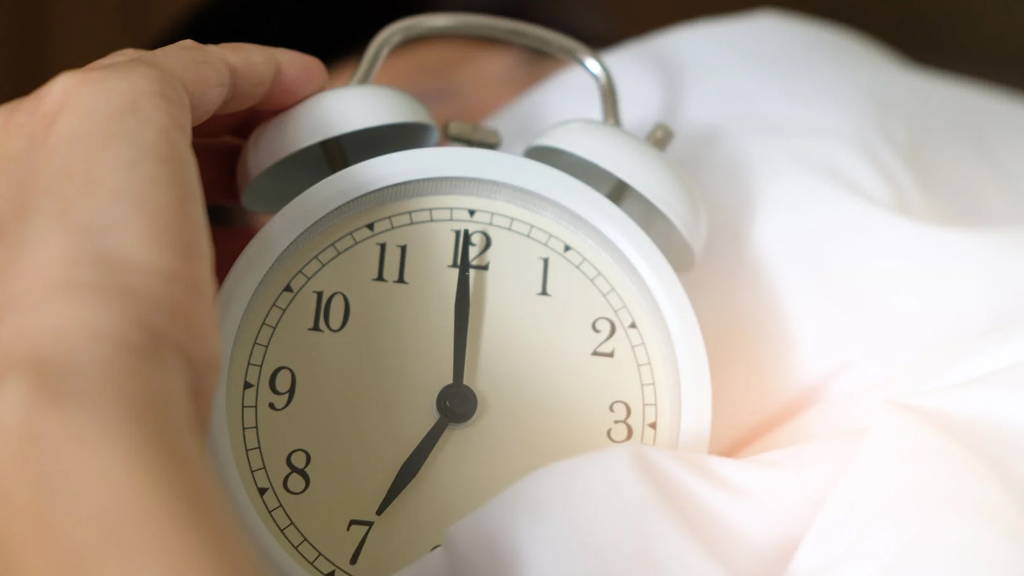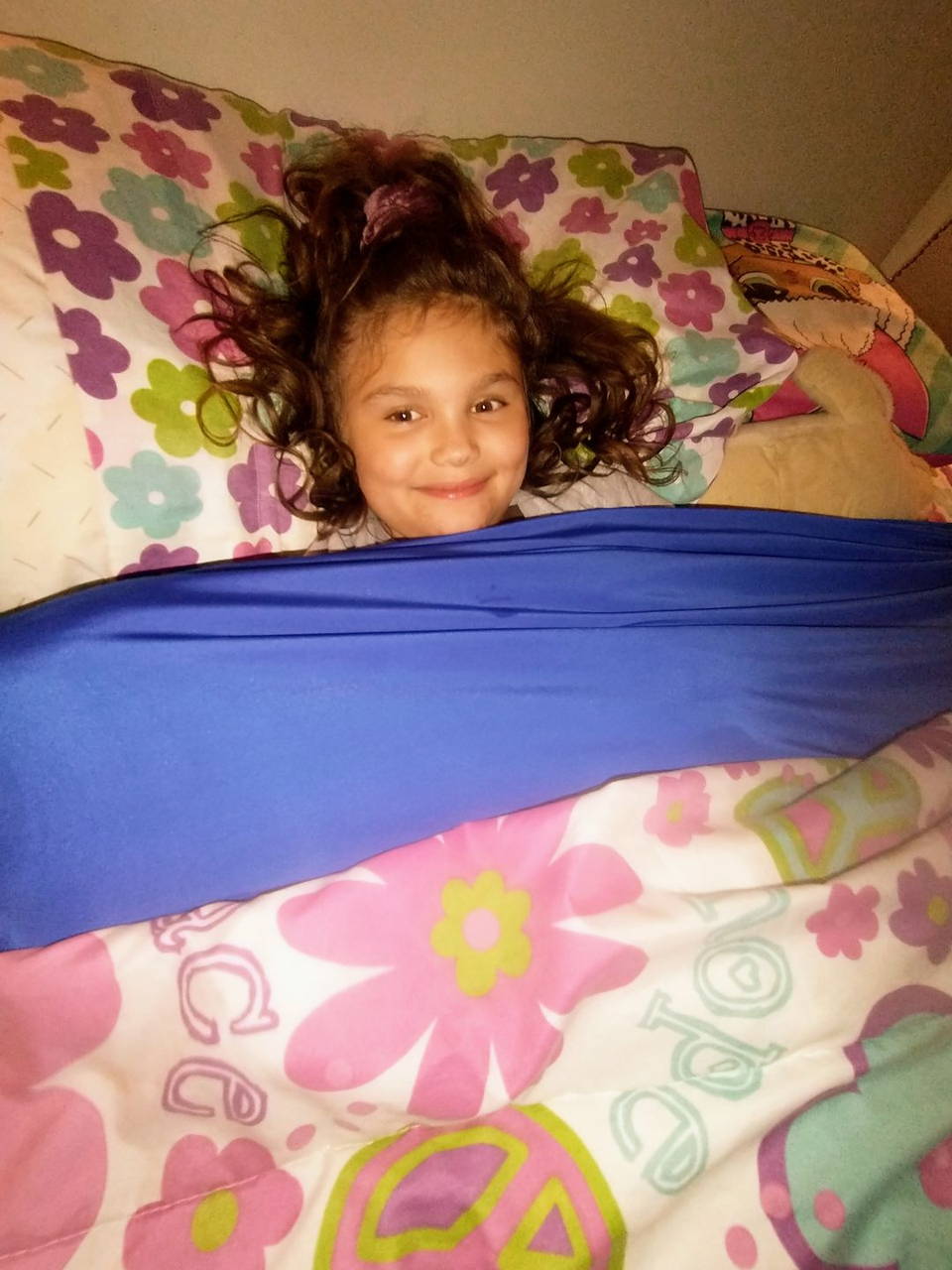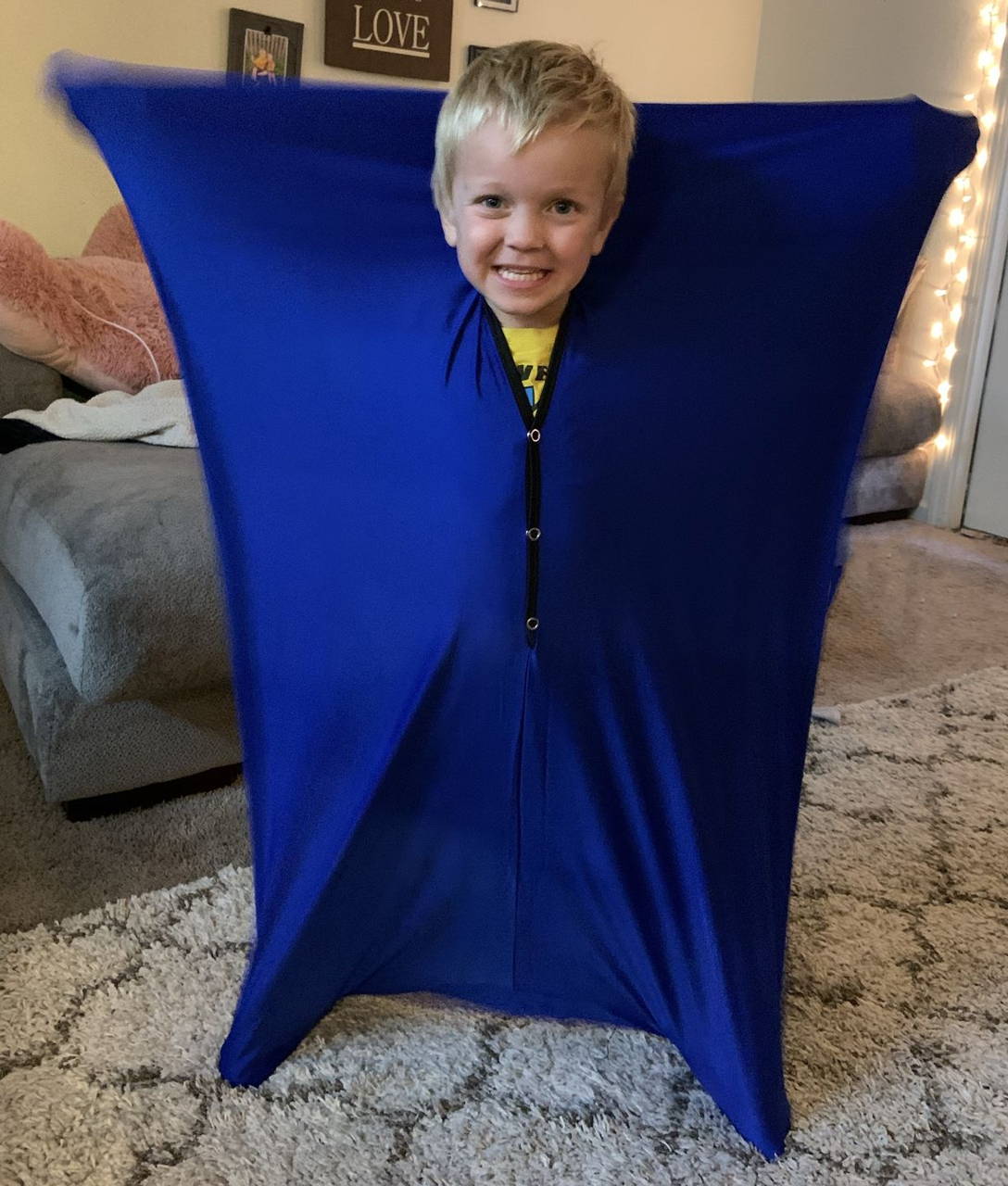HELPFUL TIPS FOR SLEEP PROBLEMS IN AUTISM
Sleep disorders and difficulties are common in individuals with Autism. A study by the Center for Disease Control and Prevention (CDC) reported:
Poor sleep patterns can affect every aspect of daily life. Growing children especially need stability and healthy routines. But having an ASD child with daily sleep issues can take a toll on the whole family. Luckily, the more we know about ASD sleep problems, the more we can use innovations and insight to find relief.
SLEEP PROBLEMS IN AUTISM: CAUSES
Many children, and adults, have sleep problems. But autistic individuals are more prone to sleep issues than other people.
Poor sleep patterns in children with ASD can be caused by:
- Snoring
- Social communication challenges
- Nightmares and night terrors
- Restless sleep and anxiety
- Biological causes
- Bedwetting
- Illnesses and health conditions
- Daytime habits
- Bedtime habits
Night Time Tips
Bedtime habits are vital, as is the sleep environment. Any number of things might make falling and staying asleep challenging: Inconsistent bedtime routines, an environment that’s too loud or too cold, a lot of activity before bed, or other sensory issues like too much light.
Here are some things to check in the hours before bedtime:
- Lay in your child’s bed to check for distracting noise, light, or discomfort
- Try to avoid boisterous, loud activity right before bed
- Try to create a regular, predictable bedtime routine
- Check the temperature and lighting to make sure it’s to your child’s liking
- Get a nightlight if it will create a more comforting, soothing environment
- Try not to let your child fall asleep in different rooms/beds
Day Time Tips
Our schedule throughout the day affects our sleep as well. In addition to creating healthy habits at bedtime, there are many things you can check during the day to help ensure a better night’s sleep for your autistic child.
Daytime tips include:
- Try to avoid late or long daytime naps
- Keep your child away from caffeine later in the day (or altogether!)
- Aim for solid physical activity - at least an hour of energetic play each day
- Time dinner - you don’t want your child to be hungry or uncomfortably full
GENERAL TIPS FOR SLEEP PROBLEMS IN AUTISM

Once you’ve eliminated some of the more common daytime and bedtime problems, there are several things you can do to encourage quality sleep for your child.
- Create a custom bedtime routine that suits your child and calms them. This might include a warm bath, soft music, reading their favorite book, or a gentle massage. Sensory products can be lifesavers at bedtime. A high-quality Sensory Compression Blanket can make all the difference since deep-touch pressure stimulation boosts melatonin and encourages healthy sleep.
- Avoid sensory distractions as much as possible. This might include blocking light with blackout curtains, moving your child’s bed, so appliances aren’t as disruptive, or reducing smells in their room. Another important tip is to remove potential distractions like electronic devices. Lastly, make sure your child isn’t bothered by scratchy tags, fabrics, or materials in bed.
- Keep a sleep diary. Just like a food diary, a sleep diary can help you detect patterns of success and distress. A detailed account of your child’s sleep patterns will help you better connect the dots to determine what is helpful and harmful to a good night’s sleep.
GENERAL TIPS FOR SLEEP PROBLEMS IN AUTISM
Whether your child has trouble settling down or something is waking them up at night, establishing a routine and monitoring the situation is the best place to start. Once you know what to look for--and what to avoid--bedtime starts to feel a lot less daunting.
Your child may require several changes to their room or routine. Or, you might discover a single factor that’s responsible for their problem. Either way, there are tips and innovative sensory products that can help your child finally achieve the sweet dreams they deserve.
PARENT-FAVORITE SENSORY SOLUTIONS FOR SLEEP PROBLEMS

Amazing!!!! Our 10 year old is FINALLY sleeping In her own bed! She is autistic and suffers from extreme insomnia, with restless leg syndrome. She LOVES going to bed now, and sleeps all night!
Thank you for creating this genius product 😍
- Nat N.

"It calmed my daughter down during the day that by bedtime, she easily goes to sleep. Previously, I've been giving her periodic herbal supps to help her sleep, but I didn't want to do it long term. She went from fighting sleep and taking 1-2 hrs just to go down... To less than 10 minutes!"
- May M.

"My son absolutely loves his “cocoon”. He wants to put it on as soon as we get home everyday! I’ve never seen him more excited or attached to something. He has sensory issues and ADHD, and this helps him feel safe and happy! It also helps him fall asleep quicker. I will definitely be purchasing more!"
- Brittany B.
 Skip to content
Skip to content

